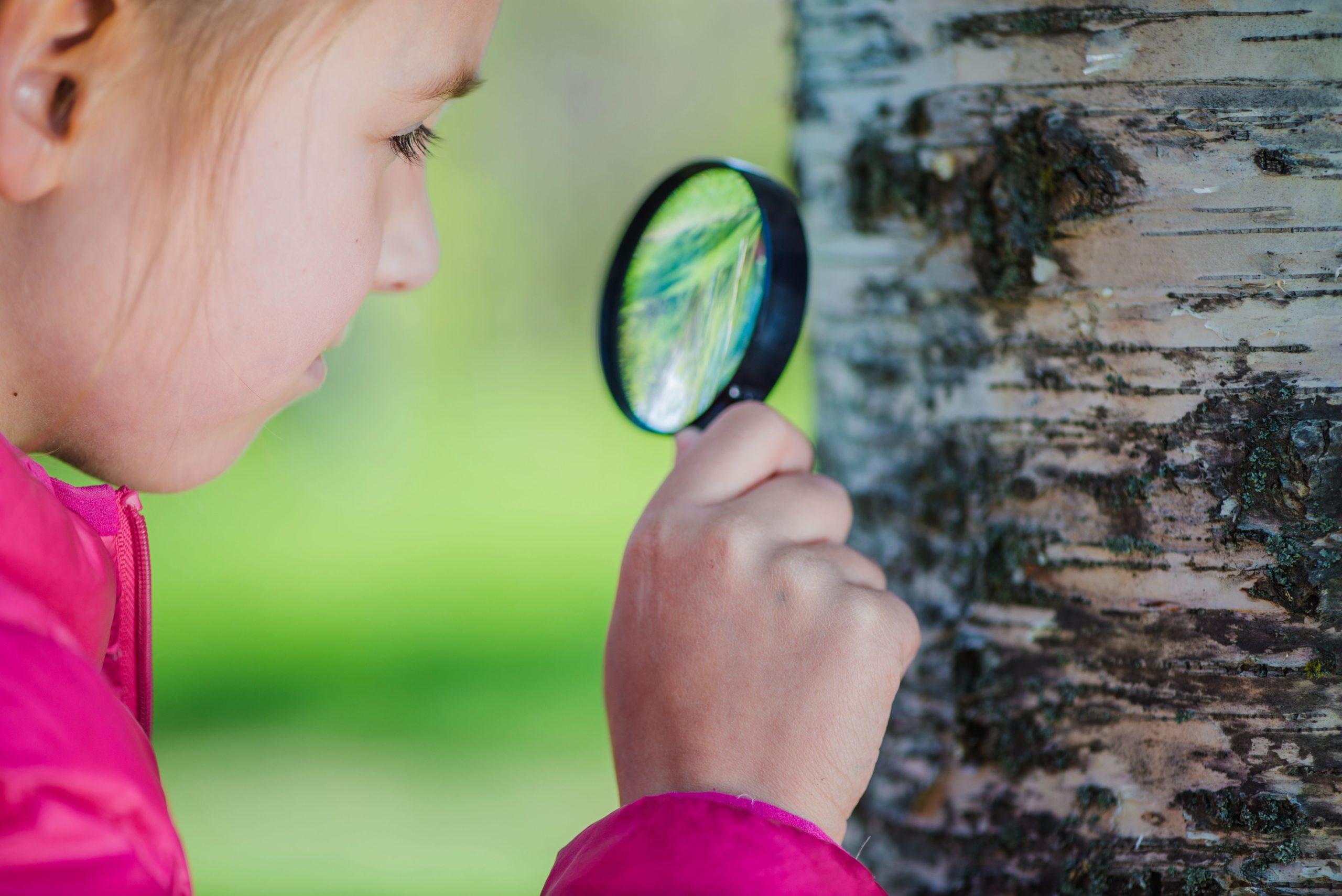
The Importance of Observing and Assessing Preschoolers
As preschoolers grow and develop, it is essential to keep track of their progress through observation and assessment. This helps educators and parents understand how they are progressing in different areas, including their physical, social, emotional, and cognitive development. Through effective observation and assessment, early childhood professionals can provide tailored support to preschoolers to ensure they reach their full potential.The Importance of Observing Preschoolers
Observation is a vital tool in early childhood education. It helps educators to understand a child’s individual needs and interests, which can guide their learning and development. By observing preschoolers, educators can gain insights into their behavior, interests, strengths, and areas that require more support. Furthermore, through observation, early childhood professionals can evaluate the effectiveness of their teaching strategies and improve their practice. Observation can be formal or informal. Formal observation involves setting up specific activities or assessments to gather information on a child’s development. Informal observation, on the other hand, is spontaneous and may occur while the child is engaging in their regular activities. Both formal and informal observations are valuable and can provide different insights into the child’s development.The Benefits of Assessing Preschoolers
Assessments are used to evaluate a child’s progress in various areas, such as language, literacy, numeracy, and social-emotional development. Through assessment, educators can identify areas where preschoolers may require additional support and tailor their teaching strategies accordingly. Moreover, assessments help parents and educators track a child’s progress over time and evaluate the effectiveness of the early childhood program. Assessment can also provide important feedback to parents on their child’s development. When parents receive feedback on their child’s progress, they are better equipped to support their child’s learning and development at home. In this way, assessments can improve the home-school partnership, which is essential for promoting preschoolers’ success.The Role of Observation and Assessment in Early Intervention
Early intervention is crucial in supporting preschoolers who may be experiencing delays or difficulties in their development. Through observation and assessment, early childhood professionals can identify these issues early on and provide tailored support to preschoolers to help them catch up to their peers. For example, if a preschooler is struggling with speech and language development, an early childhood professional may use an assessment tool to determine the child’s needs and develop targeted interventions to support their language development. Early intervention can have a significant impact on a child’s long-term outcomes, and observation and assessment are critical components of this process.Strategies for Effective Observation and Assessment
Observation and assessment require careful planning and implementation to be effective. Here are some strategies that early childhood professionals can use to make their observation and assessment practices more effective:- Use a variety of observation methods: Different methods, such as anecdotal records, checklists, and running records, provide different insights into a child’s development.
- Ensure observations are accurate: Early childhood professionals should ensure that their observations are objective and unbiased. They should avoid making assumptions or judgments about the child’s behavior.
- Involve parents: Parents can provide valuable insights into their child’s development. Involving parents in the observation and assessment process can improve the accuracy of the results and strengthen the home-school partnership.
- Use assessment tools appropriately: Assessment tools should be used to support observation, not replace it. Early childhood professionals should use assessment tools in conjunction with their observations to gain a comprehensive understanding of the child’s development.
Ethical Considerations in Observation and Assessment
Observation and assessment can raise ethical concerns, particularly around privacy and confidentiality. Early childhood professionals must ensure that they are following ethical guidelines when observing and assessing preschoolers. While observation and assessment are critical components of early childhood education, there are several challenges that educators may face when implementing these practices. Here are some of the challenges in observing and assessing preschoolers:- Time constraints: Early childhood professionals may find it challenging to find enough time to observe and assess preschoolers fully. With many preschoolers to monitor, and a range of other duties to attend to, it can be challenging to find the time to observe and assess preschoolers effectively.
- Subjectivity: Observation and assessment are subjective practices, and different early childhood professionals may interpret a child’s behavior or performance differently. This can lead to discrepancies in the results of observation and assessment.
- Language and cultural barriers: Early childhood professionals may encounter language and cultural barriers when observing and assessing preschoolers from diverse backgrounds. It is essential to recognize and understand these differences to ensure that the assessment is fair and accurate.
- Limited resources: Some early childhood programs may not have access to the resources needed to conduct assessments or training to ensure accurate and effective observation and assessment practices.
- Ethical considerations: Ethical considerations are an essential aspect of observation and assessment. Early childhood professionals must ensure that they are following ethical guidelines when observing and assessing preschoolers.
Conclusion
Observation and assessment are essential components of early childhood education, providing valuable insights into a preschooler’s development and learning. Early childhood professionals who effectively observe and assess preschoolers can use this information to create individualized learning plans that meet the unique needs of each child. By following best practices and tips for effective observation and assessment, early childhood professionals can ensure that their practices are accurate, comprehensive, and tailored to the needs of each child. This, in turn, can help to promote healthy development, maximize learning opportunities, and set preschoolers up for success in their future education and beyond.

